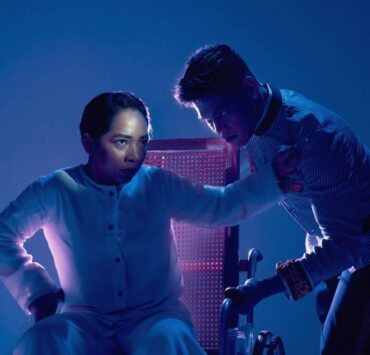Films about man playing God: On AI and de-extinction
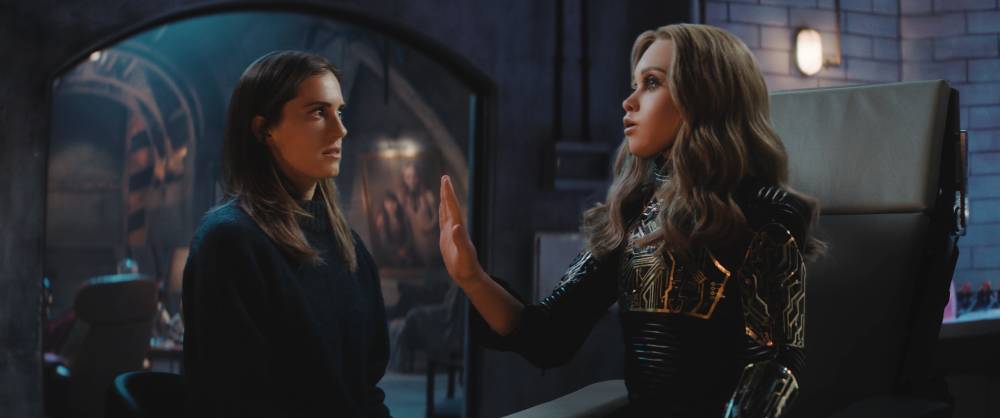
The future is now. We are at an age where tech companies and first-world nations are scrambling to perfect generative AI technology, regardless of its ramifications to the creative industries.
Notwithstanding ethical concerns of deep fakes and the many ways that this technology can be abused, the real question is: Will the supposed benefits of such innovation outweigh the harm it could cause? People use generative AI software for writing essays for school, drafting apology letters, or even writing a strongly-worded complaint against your boss. People are even using this technology to edit photos of themselves and alter them so they become a Studio Ghibli character or one of their favorite superheroes.
What makes matters worse is that the use of generative AI technology requires so much energy that it is harmful to the environment. Various studies have been made regarding the negative impact of training and use of generative AI by the Harvard Data Science Review, East Carolina University, and other peer-reviewed articles. And they reported that this technology releases huge amounts of carbon emissions and uses up so much fresh water resources—as much as 500mL of water for every 20 questions and answers from ChatGPT!
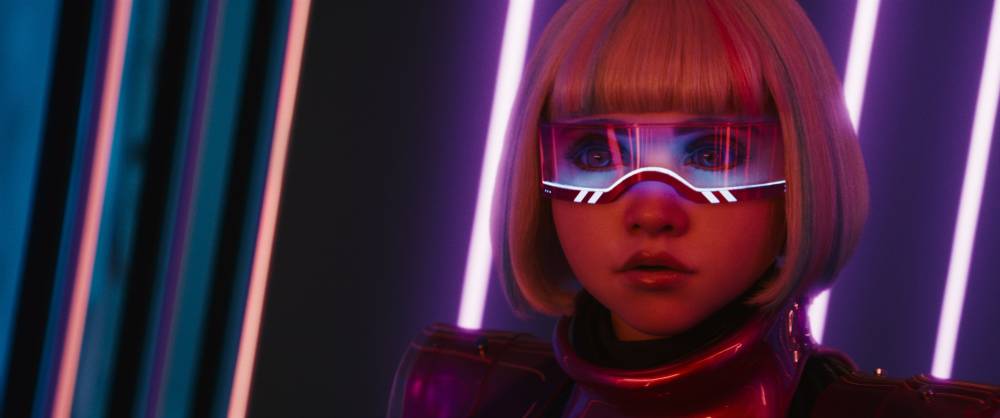
Can you imagine how many people ask questions from AI all over the world every day? And that’s just questions. What about when it is asked to approximate art?
Meanwhile, as reported by Time Magazine, scientists of Colossal Biosciences, a biotech company, have genetically engineered and bred the dire wolf. There are now three dire wolves, kept in a ranch in an undisclosed location, where they are studying the animals that haven’t walked the planet in the last 10,000 years since their extinction.
Colossal Biosciences has a goal to de-extinct certain animals—the woolly mammoth, the dodo, and the thylacine—and they were already able to engineer a woolly mouse. Based on the Time article by Jeffrey Kluger, Colossal believes it is man’s “moral imperative” to try and save species we have driven to extinction. Of course, the dire wolves and woolly mammoths were not driven to extinction as, say, the dodo or the great auk.
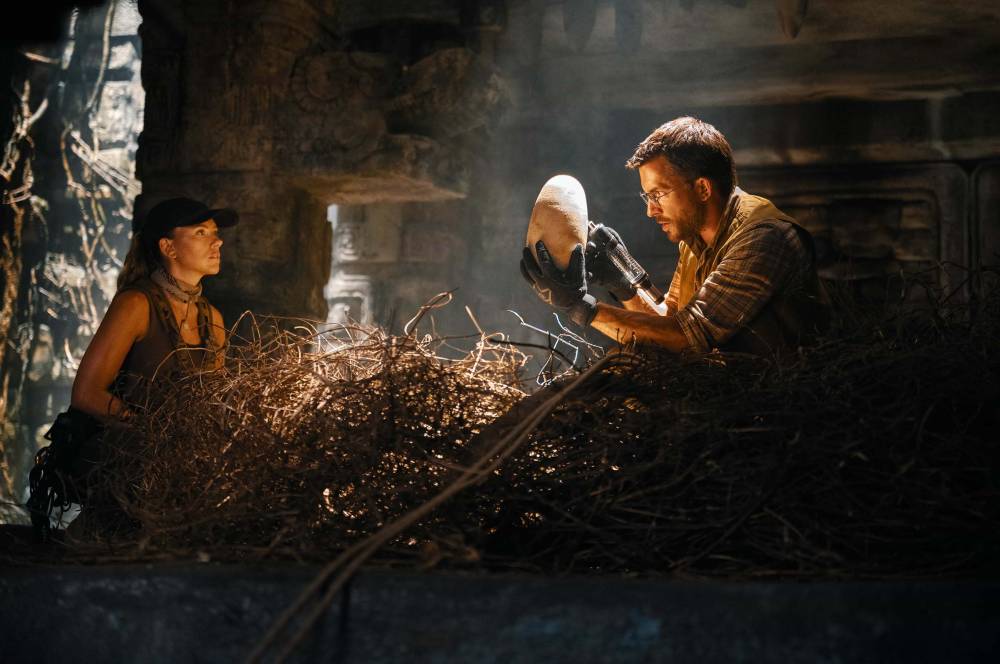
When man plays god and science goes unchecked
These stories bring to mind several films that showcase the dangers of unchecked science—when man starts to play god. Last March, we had the wickedly fun “Companion,” written and directed by Drew Hancock and starring Sophie Thatcher and Jack Quaid. Dubbed as a “science fiction thriller,” it leans on the campy elements that the film plays out more like a black comedy.
In “Companion,” the world has come to the technological point of making intelligent robots that can act and think like humans. Thatcher plays one such machine, who realises she’s a robot after accidentally killing an acquaintance of her boyfriend who tried to assault her. She realizes eventually that all her memories are fake and she’s at the whim of her boyfriend, played by Quaid. She gains autonomy and exacts her revenge.
Just last month, the sequel of “M3GAN” was released, which shifts its tone of science fiction horror to that of a campy comic action film. The robot—played by Amie Donald and voiced by Jenna Davis—has survived being shut down in the first film and returns to join forces with her creator (played by Allison Williams) and the young girl she’s programmed to protect (played by Violet McGraw) to stop another sentient robot who has gone rogue, called Amelia (played by Ivana Sakhno).
Directed and written by Gerard Johnstone, he further pushes the allegory by showing how any new technology would automatically be used by the military, if possible, and how one cannot replace actual parenting with gadgets and machines.
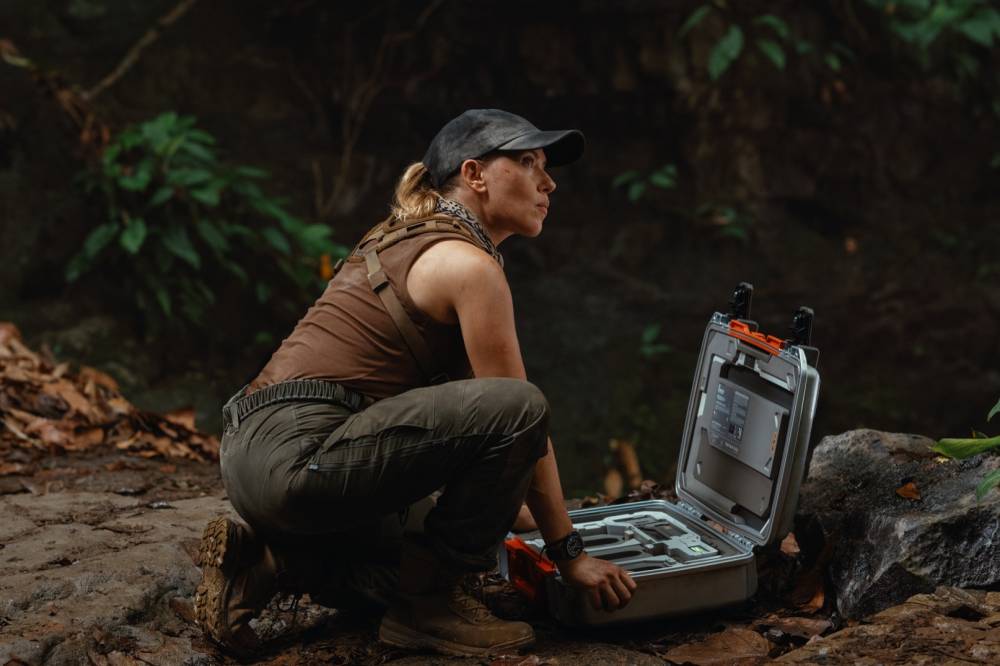
Early this month, “Jurassic World Rebirth” opened. This seventh film in the franchise stars Scarlett Johansson, Jonathan Bailey, and Mahershala Ali as the leads and is directed by Gareth Edwards. Thirty years since the first movie, the world is filled with dinosaurs, and we’ve come to accept them in our reality. A team of mercenaries is sent to yet another island where scientists were experimenting with dinosaurs and creating hybrids for possible genetic experiments. The plan is to take blood samples from three of the largest dinosaurs to create a cure for heart disease. Of course, everything goes wrong.
We’ve had movies about the dangers of AI and of creating life outside the natural order. From as far back as Mary Shelley’s “Frankenstein,” which had a terrific film adaptation by Kenneth Branagh (called “Mary Shelley’s Frankenstein”), Guillermo del Toro will take a stab at this later this year with Oscar Isaac, Jacob Elordi, and Mia Goth starring.
Stanley Kubrick’s “2001: A Space Odyssey” is probably the most legendary of AI to reinterpret its programming to end up harming humans. The list goes on. “Terminator” and even the “Matrix,” to some extent, warn us of what may happen to the unchecked potential of AI technologies. There are seven installments of “Jurassic Park” telling us of the dangers of bringing back extinct species. “Nature always finds a way,” it says.
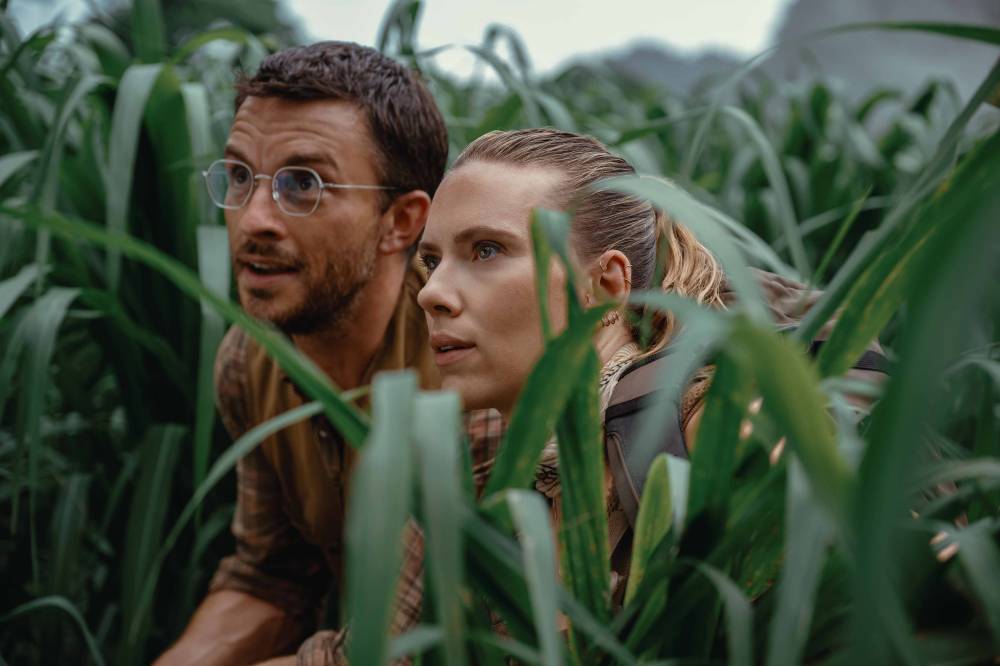
Ironically, we never learn
And even if AI doesn’t ever become smart enough to enslave us, a study by the Massachusetts Institute of Technology (MIT) links that ChatGPT and similar technologies are tearing down the ability of a user to think critically. While the study has yet to be peer-reviewed, it’s a callout for us to rethink and calibrate our progress in the field and to survey the possible ramifications of such inventions on our society.
The MIT study even notes that the group who were using generative AI to make their essays always “underperformed at neural, linguistic, and behavioral level,” as reported by Andrew R. Chow for Time Magazine. As we pass on our ability to communicate, to process, or to think to a computer, we start to lose that skill for ourselves.
It’s just funny to me that movies have always been warning us, since as far back as 1968 (“2001: A Space Odyssey” by Kubrick), about the dangers of this. And “Jurassic Park” has made billions at the box office, and yet, ironically, we never seem to learn.















